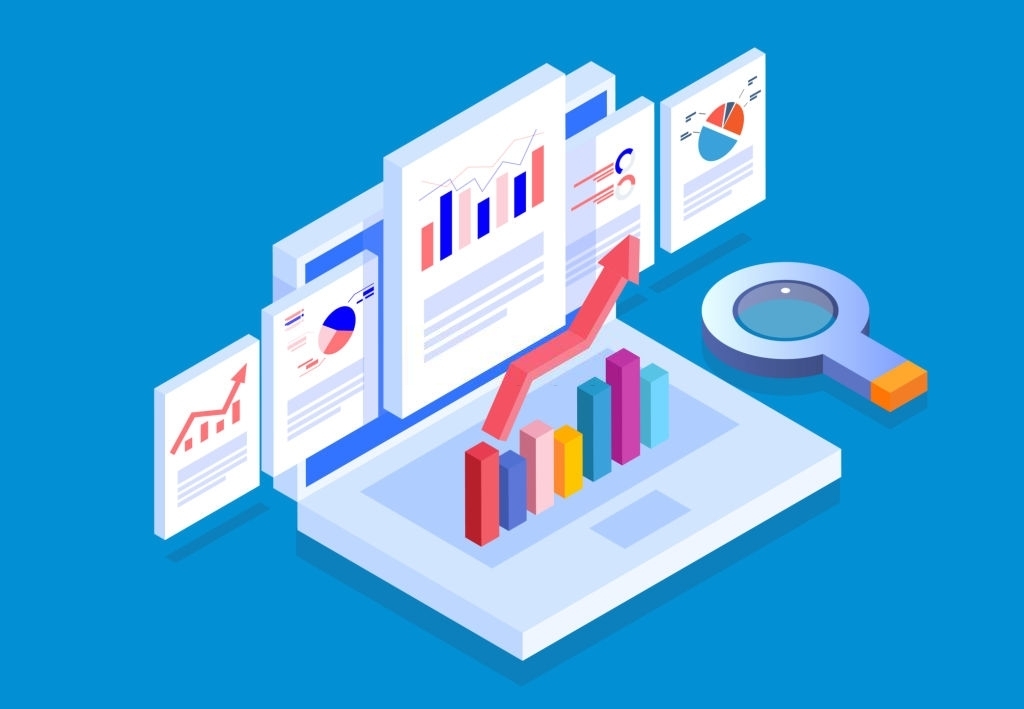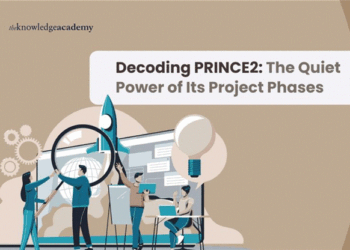To meet the rising demand for customized experiences and real-time engagement, businesses must employ B2B marketing data to decipher customer behavior, craft tailored interactions, and deliver personalized content. This data-driven and demand-focused approach reshapes customer communication, nurturing deeper relationships, and propelling growth.
In the B2C space, personalized experiences are the new norm, with consumers accustomed to tailored recommendations from industry giants like Amazon or Spotify. The buyers now expect a more distinct and personally appealing value proposition from B2B vendors during their purchasing journeys.
Why B2B Marketing Personalization Goes Without Saying?
B2B enterprises that neglect personalized experiences risk losing customers amid the digital transformation and heightened competition landscape. Business buyers, with an array of choices, will swiftly shift to competitors unless your B2B demand generation messaging appeals to them.
Effective personalization should permeate every touchpoint in the buyer’s journey. For instance, websites can adjust content and navigation based on visitor characteristics, while email and nurture campaigns can deliver personalized messaging. Human interaction remains pivotal, with AI and machine learning supporting data-driven personalization efforts without feeling robotic.
When executed correctly, personalization fuels measurable business growth. Research by Evergage reveals that 96% of personalization leaders find their efforts effective. Enhanced customer experiences, elevated conversion rates, and larger average order values are among the top benefits.
In today’s competitive B2B realm, personalization isn’t optional — it’s a must. Every prospect should be treated as an individual, not a statistic. Leverage data and technology to offer precise content, tailored offers, and personalized experiences that resonate with each buyer’s distinct needs . This is the new norm for B2B marketing triumph.
Elevating Experiences with Smart Data
The forward-thinking B2B marketers harness real-time data to grasp customer needs. Monitoring website activity, social media interactions, and environmental cues empowers the delivery of hyper-personalized messages at the right moment.
Digital channels grant B2B companies an unprecedented data trove. Tracking tools unveil website visitors, content preferences, and engagement metrics, revealing customer interests and pain points. Tailoring website content, offers, and messaging to these insights enhances relevance.
Social media amplifies this approach, offering valuable signals on how people perceive and engage with your brand. Besides, brand mentions, comments, and social shares are quantifiable and trackable metrics that can be gauged with martech tools. Social listening replaces assumptions with precise marketing intelligence, enabling persona refinement, product improvement, and targeted content creation.
The Internet of Things further expands personalization horizons by capturing data on customer environments and behaviors. For example, a commercial HVAC company can proactively notify maintenance needs based on real-time telemetry data.
Thus, B2B marketing success strongly depends on how promptly companies fetch and analyze data from diverse sources to uncover profound insights.
An ICP Profiling as a Cornerstone for Strategic Alignment
In today’s data-centric business landscape, valuable customer insights shouldn’t be confined to the marketing department. It’s essential to share them with all frontline employees. When pulled together and generalized, such data allow team members to shape an Ideal Customer Profile (ICP).
An ICP is a customer attribute set that identifies prospects most likely to buy from you. Those attributes can be set as filters when sourcing audience data from company and people-level data providers. In such a way, you can get list audiences targeted for the highest-value prospects with genuine interest in your offers.
Today, ICP marketing is a cornerstone for sales and marketing alignment. It drives sustained customer success and maximizes customer lifetime value.
Data-Driven Is the Future
The B2B marketing playbook isn’t carved in stone, and it drastically changes due to the increasing role of customer intelligence. Today, data and personalization reshape how companies attract, engage, and retain their customers. The future unequivocally belongs to B2B organizations fully embracing data-driven ICP marketing. Companies lagging behind in adopting these new approaches will gradually lose relevance, yielding ground to more customer-centric competitors.
The fact is that 91% of companies with robust data analytics capabilities outperform their peers. Moreover, B2B buyers are five times more likely to purchase from a company offering personalized experiences. The best way to come up with attention-grabbing content that communicates an immediate value is to build it upon the identity resolution data.
B2B firms must prioritize a relentless customer focus to remain competitive in today’s buyer-oriented landscape. They should adopt a “customer experience first” mindset. Data should underpin every facet of the customer journey, from attraction to retention and advocacy. Equipped with data-driven insights, you can astound customers with relevant value propositions the moment they need it most.
As a data-driven B2B company forearmed with definite ICP, you can pinpoint high-lifetime-value prospects, attract them with lead magnets, and qualify and nurture them properly. Such an approach works perfectly when businesses aim to align marketing and sales efforts strategically to retain customers and maximize their lifetime value. In today’s buyer-centric landscape, this level of customer focus is indispensable.







